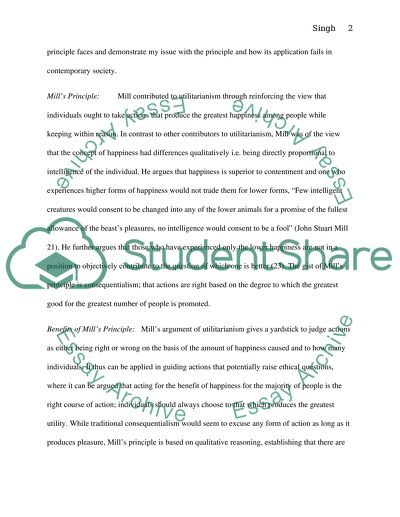Cite this document
(“The Ethical Dilemma of Maximizing Pleasure. Utilitarianism Dilemma Essay”, n.d.)
Retrieved de https://studentshare.org/philosophy/1391644-the-ethical-dilemma-of-maximizing-pleasure-utilitarianism-dilemma
Retrieved de https://studentshare.org/philosophy/1391644-the-ethical-dilemma-of-maximizing-pleasure-utilitarianism-dilemma
(The Ethical Dilemma of Maximizing Pleasure. Utilitarianism Dilemma Essay)
https://studentshare.org/philosophy/1391644-the-ethical-dilemma-of-maximizing-pleasure-utilitarianism-dilemma.
https://studentshare.org/philosophy/1391644-the-ethical-dilemma-of-maximizing-pleasure-utilitarianism-dilemma.
“The Ethical Dilemma of Maximizing Pleasure. Utilitarianism Dilemma Essay”, n.d. https://studentshare.org/philosophy/1391644-the-ethical-dilemma-of-maximizing-pleasure-utilitarianism-dilemma.


